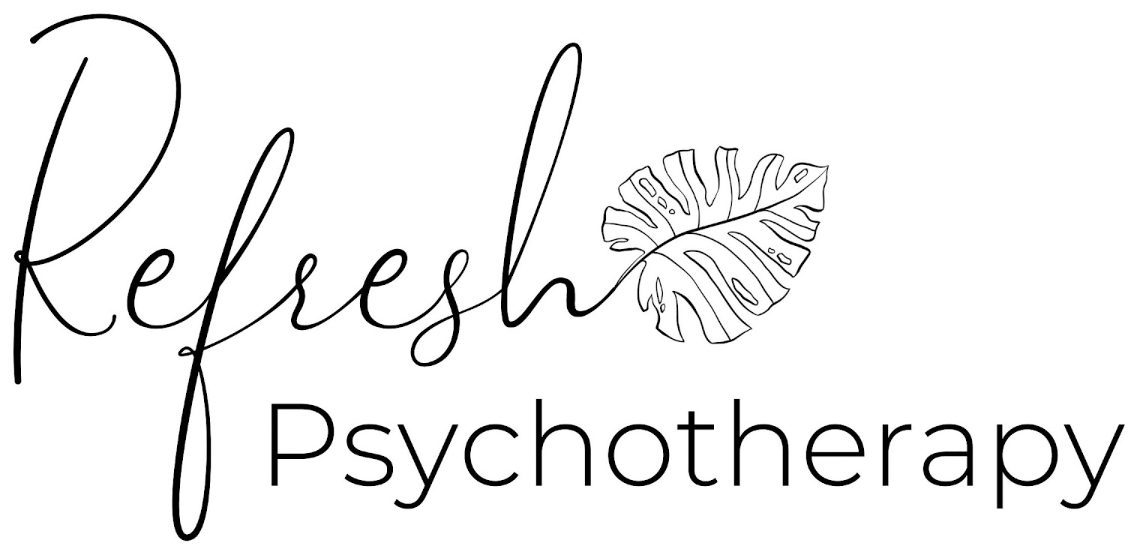
The Difference Between Venting and Doing the Work
Venting can feel good in the moment. You get things off your chest, release some frustration, and maybe even feel validated. But there’s a point where venting stops being helpful—and starts becoming a way to avoid real change.
In therapy and in life, there’s a difference between processing an experience and circling the same story over and over. One creates movement. The other keeps you stuck.
What Venting Does (and Doesn’t Do)
Venting gives us temporary relief. It helps us feel heard, especially if we’re used to suppressing emotions. But on its own, venting rarely leads to clarity, insight, or growth. It’s often reactive, focused on what happened and why it was unfair—without asking, “What now?”
This doesn’t mean you shouldn’t express your emotions. But when venting becomes the only thing you do, it can keep you in a cycle of frustration and powerlessness.
Doing the Work Means Looking Inward
Doing the work means asking yourself harder questions. It means going beyond how something felt and exploring what it triggered in you. It asks, “What patterns am I noticing?” “What do I actually need?” “How can I respond differently next time?”
This process requires emotional honesty, accountability, and a willingness to move through discomfort. That’s why many people avoid it. But it’s also where actual transformation happens.
Venting Looks Like:
- “I can’t believe they did that to me.”
- “This always happens to me.”
- “They’re the problem.”
- “I just needed to get that out.”
Doing the Work Looks Like:
- “Why does this pattern keep showing up in my relationships?”
- “What boundary was crossed, and how did I respond?”
- “What’s my role in this dynamic?”
- “What am I feeling underneath the anger or frustration?”
You Deserve More Than Temporary Relief
Venting has its place. Sometimes you need to let it out before you can even think clearly. But staying in vent mode can give the illusion of processing—without ever helping you move forward.
Doing the work means committing to self-awareness, emotional growth, and deeper insight. It’s not always comfortable. But it’s the difference between repeating the same story and writing a new one.
Ready to move beyond venting and start making real changes?
Written by: Refresh Interns
